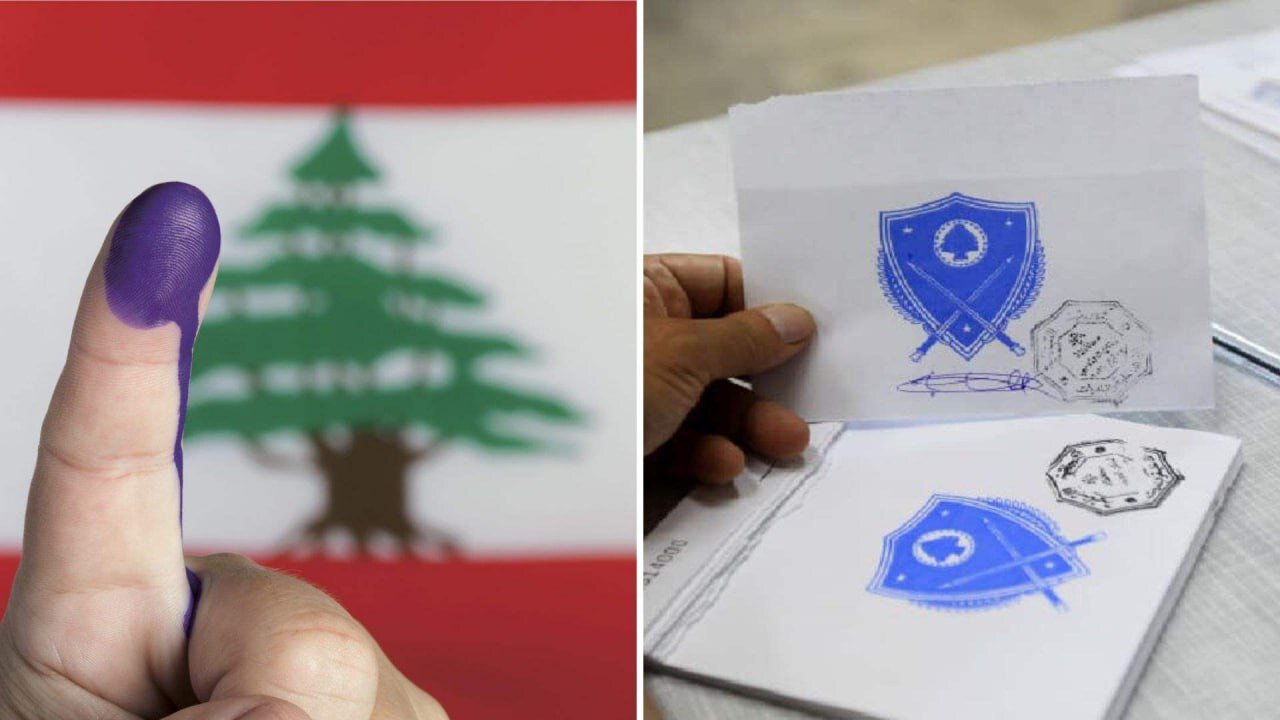A pro-Resistance popular referendum

SOUTH LEBANON — Ballots closed in the third round of municipal and mayoral elections on May 18 in Beirut Governorate, Bekaa Governorate, and Baalbek-Hermel Governorate.
The municipal and mayoral elections are being held this month after being postponed twice, in 2022 due to coincidence with the parliamentary elections, and in 2023 due to the government’s inability to secure the necessary funding.
It is noteworthy that Lebanon is administratively divided into 8 governorates that include 25 districts, namely: Beirut, Mount Lebanon, the North, Akkar, the Bekaa, Baalbek-Hermel, the South, and Nabatieh.
Baalbek-Hermel Governorate recorded the highest voter turnout, with 48.08% participating, where they showed commitment to slogans such as “We are committed to our covenant with the Resistance” and “We are people of dignity and loyalty”.
In the city of Baalbek, the “Development and Loyalty” coalition, affiliated with the Shiite duo (Hezbollah and the Amal Movement), won in entirety against the “Baalbek, My City” coalition, supported by the Saudi embassy.
The Saudi embassy used electoral funds in a desperate attempt to sow sectarian strife and bribe voters. But all this was to no avail as the difference between the final winners on the “Development and Loyalty” list and the first losers on the “Baalbek, My City” list was approximately 6,000 votes.
Likewise, in Douris, a neighbouring town to Baalbek, the list supported by the Lebanese Forces lost to the list supported by a coalition of the Shiite duo and the Free Patriotic Movement, despite abhorrent sectarian incitement and electoral bribery.
Following its failure in achieving any military objective, the U.S.-led Israeli aggression entrusted the task to the anti-Shiite duo to win the elections, especially in Beirut, despite its failure in the first round of elections held in Mount Lebanon and the North governorates.
Nevertheless, despite all the incitement, the tide turned against them too in favour of the “Beirut Madinati” coalition. Note that the capital recorded a low voter turnout of around 20%, according to the Ministry of Interior.
Observers affirmed that Beirut’s voters found out about the lies of these groups, as well as the discouraging performance of most of their representatives, who call themselves “change MPs” whose narrow interests intersect with the political oligarchy of which they have become a part.
Hence, Beirut’s voters voted for the “Beirut Brings Us Together” list, supported by the Shiite duo, which was careful to respect the sectarian balance in the capital.
MP Amin Sherri, a member of Hezbollah’s Loyalty to the Resistance parliamentary bloc, praised “the commitment of the nationalist [Shiite] duo’s popular base to the mass turnout and active participation, with the number of Shiite voters exceeding 18,000.”
Meanwhile, Lebanese Interior Minister Ahmad Hajjar inspected the vote counting process in Beirut, stating, “We will monitor the electoral process in the South next Saturday to affirm sovereignty in all its regions.”
Developmentally, little is expected of the municipal elections in light of the financial bankruptcy sweeping Lebanon due to the corruption of the political oligarchy, which has rendered most municipalities unable to meet even the most basic needs, from waste collection to paying the salaries of their workers and employees.
Politically, the election takes on a special dimension, as it comes amid ongoing Israeli aggression that has resulted in a shift in balances and alliances on the local scene.
This makes it, specifically on the Shiite duo, a referendum for the popular base of the Resistance, and a focus of attention for many at home and abroad who are betting on the decline of the Resistance
Leave a Comment